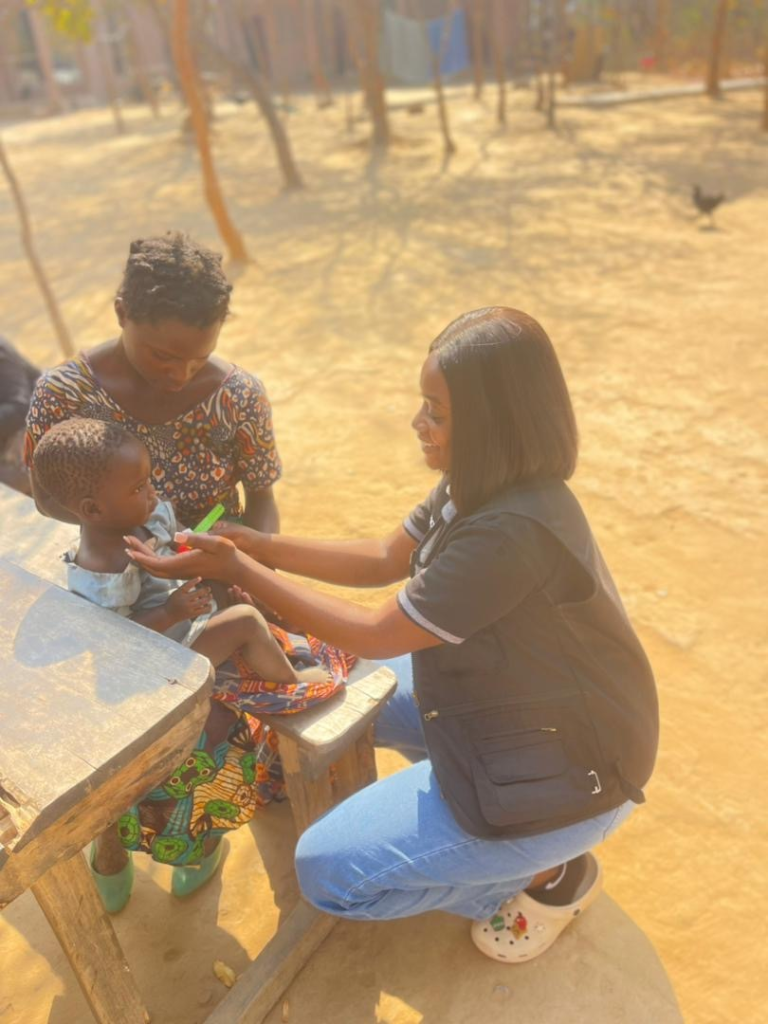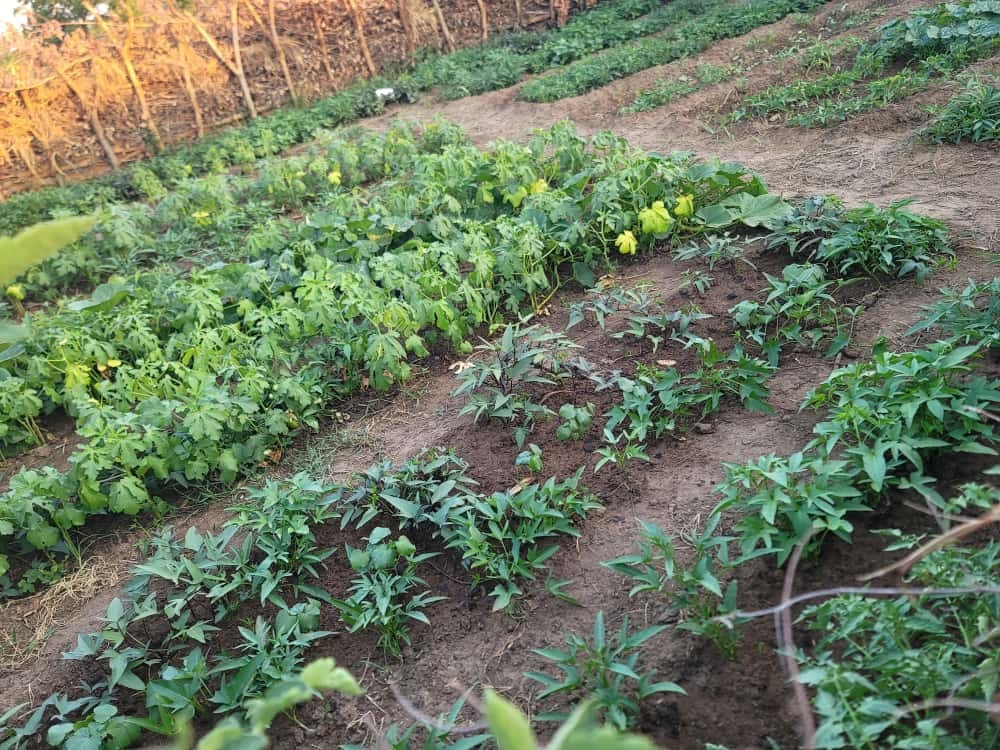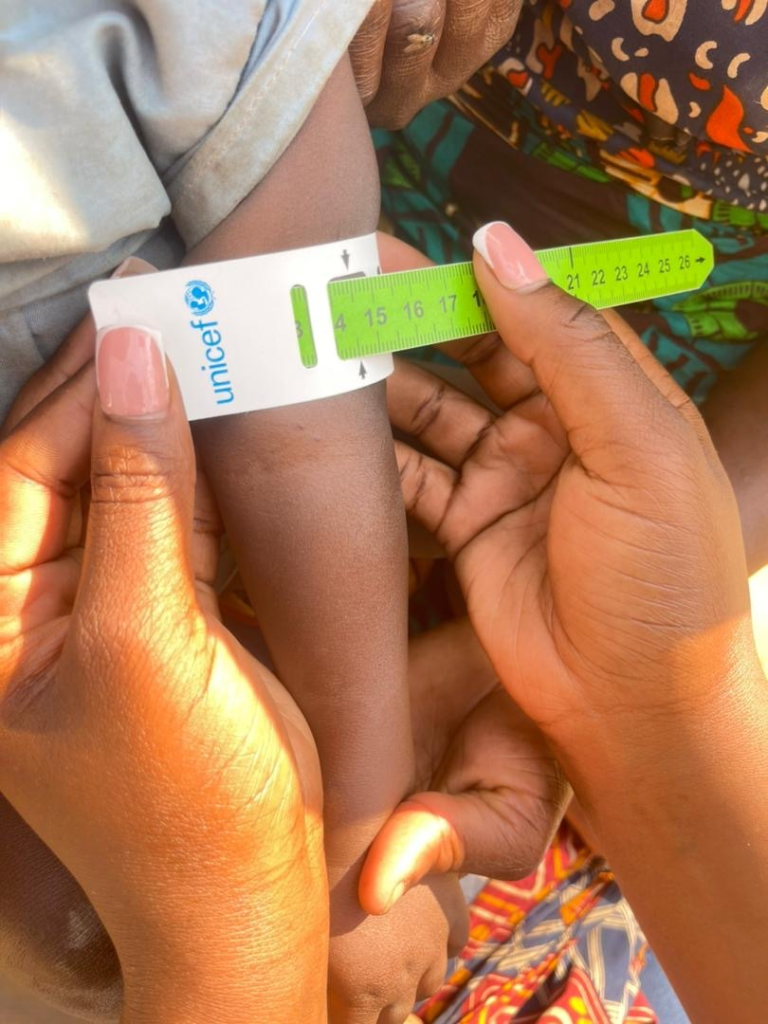
In the beautiful countryside of rural Zambia, where mango trees dot the landscape and smallholder farmers lovingly tend plots passed down through generations, Namonje Namukonda is creating meaningful change alongside her community.
The founder of the Girl Nurture Project speaks with quiet passion about mangoes, school dropout rates as well as the life-changing power of seeing potential where others see waste.
Namonje’s journey began when a friend reached out for support. “She told me, ‘I’m trying to help the girls who are dropping out of school,’” Namonje recalls warmly.
What began as a simple conversation about providing books and sanitary pads soon blossomed into something much bigger. It became a collaborative effort to tackle the deeper barriers keeping young women out of school.
Her inspiration draws from deep family roots. Namonje’s mother, who grew up in a village, caught the attention of nuns after beautifully reciting a poem on Independence Day.
This moment opened doors that led her to serve as a minister in two Zambian governments and High Commissioner to multiple regions.

“My mum’s life is a testament to what education can do for you,” Namonje shares with evident love and respect. “More than 1,000 people’s lives have been changed directly just because of my mum.”
This inspiring legacy shapes everything Namonje does, from her meaningful work at the Harvest Fund, where she helped expand membership from 35 to 500 farmers over five years, to her current venture addressing educational challenges.
The Girl Nurture Project represents both a continuation of her family’s commitment to service and an evolution in community-centred development thinking.
Rather than focusing solely on immediate interventions, Namonje works alongside her community to create lasting change. The project’s livelihood component centres on community gardens where residents share knowledge whilst growing vegetables together for local consumption.
“The idea was not to actually get machinery or anything, but rather use what we have,” she explains thoughtfully.
It’s a collaborative philosophy that celebrates existing resources and local wisdom rather than introducing costly external solutions.
This community-driven approach shines brightest in her innovative zero waste mango initiative. Working in partnership with 999 Beauty, a Zambian cosmetics company, Namonje has helped develop a process that honours every part of the mango.
The fruit becomes nutritious juice, the seed’s covering becomes a natural skin scrub when dried, and the kernel is pressed into nourishing mango butter.
“For mango, literally nothing would be wasted,” she says with genuine enthusiasm.
This thoughtful initiative to development emerged through meaningful connections and support. Namonje gratefully acknowledges The Alliance for Women and Girls (AFWAG) network for providing essential guidance during the project’s early stages.

“When we started we did not have any roadmap or support, yet there is a lot of gatekeeping in the sector,” she shares openly.
AFWAG’s member portal became what she describes as “a treasure trove” of resources, helping her develop policies, secure funding and refine her approach to safeguarding. The network’s newsletter connected her to a $10,000 grant from Dimagi that provided essential early funding.
As a Country Level Adviser for AFWAG, Namonje now embraces a role that initially felt unfamiliar.
“At school I was never even a prefect, I was just a normal person,” she says with characteristic humility and warmth.
This position is encouraging her to connect more deeply with colleagues and develop shared approaches to addressing challenges.
The Girl Nurture Project embodies a beautiful model for community development: one that recognises education, economic opportunity and environmental sustainability as interconnected opportunities that thrive through collective action.
In rural Zambia, where young women often face difficult choices between immediate economic needs and long-term educational goals, Namonje is demonstrating that meaningful innovation grows from within communities themselves.
The most transformative ideas often emerge from a deep respect for what already exists: not just mangoes and potential, but the dreams and aspirations of young women who deserve every opportunity to flourish alongside their communities.


